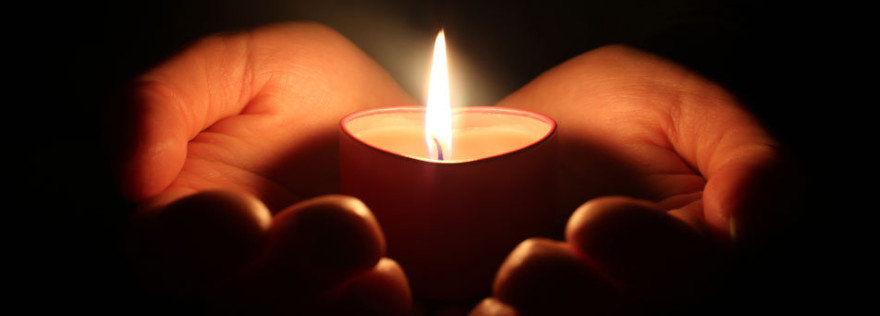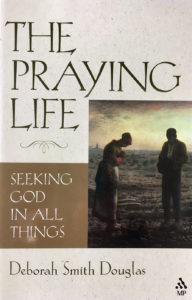Becoming Shelter
It has been more than three years now since two homemade bombs (pressure cookers filled with nails and ball bearings) ripped into the cheering crowds at the Boston marathon finish line, killing three and wounding hundreds.
Since then, the world has paid tribute to the heroic courage of the first responders —those bystanders who ran not away but into the smoke, toward the explosion, to help the wounded—and the doctors and nurses who worked feverishly to save lives and limbs in every hospital in town.
As everyone knows, Boston Strong did itself proud that horrific day and in the days that followed, demonstrating remarkable solidarity and resilience.
But that first night, Boston Strong was also still Boston Shattered.
Ambulances wailed; rumors flew; the bombers were still at large. Far into the night, it was feared that other bombs had been planted in unknown locations. No one really knew what was happening. The mayor of Boston went online and on radio to ask everyone to stay off the streets, to “shelter in place” until public safety could be restored.
I don’t think anyone in Boston slept that night. I know I didn’t.
Alone in our tiny apartment, I found myself, in my adrenalin-fueled insomniac pacing, drawn to stand in the window and look out on the darkness.
I felt an overpowering, visceral instinct to pray: for the injured, for the dying, for those who cared for them. “Keep watch, dear Lord,” I whispered Saint Augustine’s night prayer, “with those who work or watch or weep this night; tend the sick; give rest to the weary, bless the dying, soothe the suffering, pity the afflicted…”
Mostly, as the hours passed, I simply prayed against the darkness itself. Not the soft darkness of the April night, but the invisible darkness that seemed in the small hours to be rising like an unseen tide.
The very air felt electrically charged—wild, unstable, dangerous—as though hidden lightning were all around. As though anything might happen. As though the violence and hatred that had been unleashed, tearing frail flesh and pouring blood on the street, were prowling the night, looking for more to devour.
So I stood in that window—like a radio operator behind enemy lines—or like a lighthouse in a storm—trying steadily, with all my small strength, to send out an opposing signal—a beam of light to pierce the darkness.
As grandiose as it sounds now, that night I felt compelled to choose a side, plant a flag, take a stand in that window for life against death, for love against hate. Alone, but powerfully bound to others whom I knew must be praying too, across the city and around the world.
Saint Clare of Assisi, legends tell us, once stood in the upstairs window of her convent and held a monstrance aloft, repelling invading enemy hordes with the power of the love of God that radiated from the Blessed Sacrament.
I would never presume to compare myself with her (and I must say I’ve never held a monstrance in my life). But there was something abroad, that night, that seemed to demand defiant resistance like hers.
The hatred that had deliberately filled improvised bombs with nails and timed their detonation to do the most damage to the innocent seemed to call urgently for a counterweight of love.
That was all my prayer that night, as the slow hours passed. Having learned, a little, to “bear the beams of love” in William Blake’s phrase, I tried to send them out into the night.
William Temple was the Archbishop of Canterbury during World War II. He knew something about hate, and darkness, and fear, and prayer. He observed that prayer is “a great means of increasing the volume of love in the world.”
I think that is what I was trying to do that night. Increase the volume of love in the world. Not in the sense of turning up the volume, cranking up the decibel level as though to drown out hate with louder noise—but actually expanding the volume in the way physics might describe increasing the volume of a sphere: enlarging it from the inside, extending its reach.
Making space for it somehow—letting the breath of God fill the lungs of the night. Magnifying love, as Mary in the Magnificat sang that her soul “magnified” the Lord.
By letting us align ourselves with the love of God, prayer makes God’s love more active, more present, more spacious in the world.
Intercession this deep and wide is light years away from our ordinary sense of asking God to do things that we think need doing, and to remember people and situations we think God is neglecting or is ignorant of.
Prayer like that makes us real agents of grace. And it does not necessarily involve words at all. Most of our deepest prayers, I suspect, are wordless, as mine were that night.
Sometimes, as Saint Paul knew, words fail us.
But God never does.
When we cannot find speech to frame our longing and our pain, God’s own Spirit prays within us, “with sighs too deep for words” (Romans 8:26).
In that kind of wordless prayer, we do not just clear a space in our minds or in the darkness for the light to shine. We can become that kind of space. In our persons, in our lives, we are called not simply to “shelter in place” but to be the place of shelter for those whose need is beyond telling.


